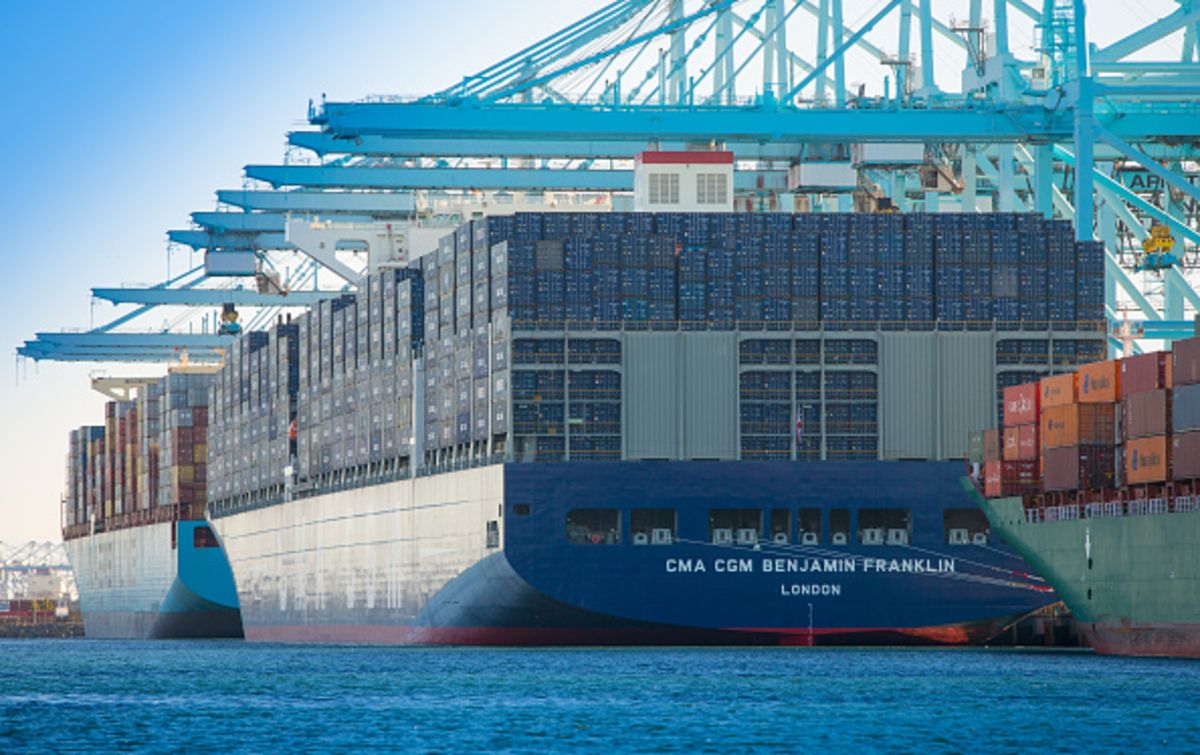Tankers moving through the Gulf of Guinea in West Africa are paying additional insurance premiums, compared with relatively safe sea lanes, due to escalation of piracy incidents and sea robberies in Nigeria and others.
Additional premiums have to be paid by shipowners if their ships move through, load or discharge cargoes from this region, Intertanko’s London-based Marine Director, Phillip Belcher, was quoted by Platts to have said on the sidelines of the International ‘Safety at Sea’ conference in Singapore.
According to him, these premiums have to be paid because Nigeria and a major chunk of the Gulf of Guinea are among the listed areas — for hull war, piracy, terrorism and related perils — of the Joint War Committee of the Lloyd’s Markets Association, which comprises underwriting representatives.
Pirate attacks off the coast of Nigeria rose in the first half of the year, while attacks on shipping globally fell to their lowest level for 21 years, according to the International Chamber of Commerce’s International Maritime Bureau.
Nigerian pirates kidnapped 24 crew members in the first half of this year, up from just 10 in the first six months of 2015, the IMB said.
It said these incidents were “increasingly violent”, with Nigerians accounting for eight of the nine incidents worldwide in which ships were fired on in the January-June period.
Belcher said all shipowners whose vessels were passing through the Gulf of Guinea had to notify the insurer of the measures being taken to mitigate the risk and accordingly the premiums are finalised on a case by case basis.
Nigeria’s problems are not restricted to piracy and offshore robberies alone.
According to market sources, West African crude loading has taken a severe beating due to the unrest in Nigeria.
A few weeks ago, Shell’s Nigerian unit declared force majeure for Bonny Light crude liftings. A month earlier, the company ended its force majeure due to another leak on the same pipeline.
Nigeria’s crude output is at its lowest levels in 30 years. Forcados, Brass River and Qua Iboe grades have all been impacted by dreaded attacks and sabotage by terrorists, according to shipping industry officials and analysts. Compared with the beginning of the year, crude loadings in Nigeria are down by 500,000 barrels per day, they said.
Theoretically, this translates into disappearance of demand for one Suezmax every two days or 15 Suezmaxes a month, they added.
A Suezmax typically carries one million barrels of crude and is a popular mode for transporting cargoes from West Africa.
“We are closely monitoring the situation and will be very concerned if current criminal activities [around Nigeria] become a political football,” said Belcher.
A few years ago when piracy in the Gulf of Aden was at its peak, strategic experts had expressed similar concerns over potential linkages with Islamist terrorism in Somalia, though eventually no such major nexus was unravelled.
“Governments [in the region] should take all measures to provide security to ships moving in the region and if they can’t, they should allow private agencies to do so,” he said.
At least two or three protected anchorages have been set up close to the ports in the Gulf of Guinea where ships are provided security by private armed guards, Belcher said.
Countries along the Gulf of Guinea do not permit private armed guards from outside on board the ships when they are in their territorial waters.


 Billionaire Watch3 weeks ago
Billionaire Watch3 weeks ago
 Startups4 weeks ago
Startups4 weeks ago
 News4 weeks ago
News4 weeks ago
 News4 weeks ago
News4 weeks ago
 Bitcoin4 weeks ago
Bitcoin4 weeks ago
 Naira4 weeks ago
Naira4 weeks ago
 Forex3 weeks ago
Forex3 weeks ago
 Treasury Bills4 weeks ago
Treasury Bills4 weeks ago
























